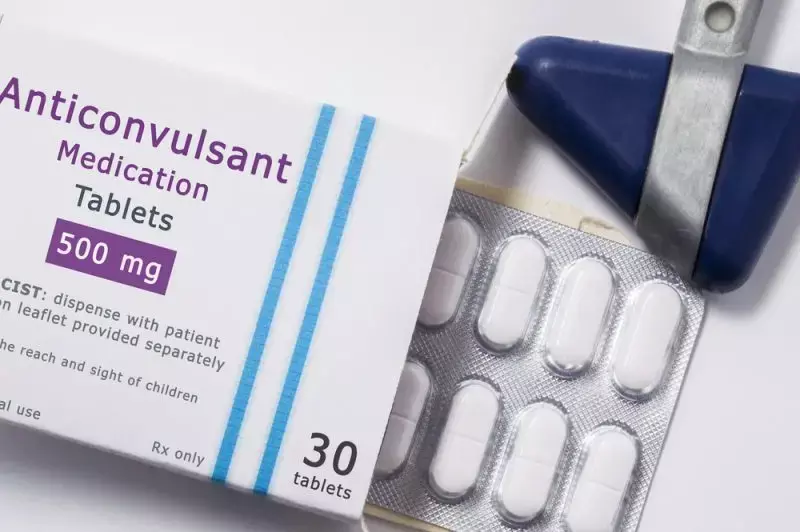- Home
- Medical news & Guidelines
- Anesthesiology
- Cardiology and CTVS
- Critical Care
- Dentistry
- Dermatology
- Diabetes and Endocrinology
- ENT
- Gastroenterology
- Medicine
- Nephrology
- Neurology
- Obstretics-Gynaecology
- Oncology
- Ophthalmology
- Orthopaedics
- Pediatrics-Neonatology
- Psychiatry
- Pulmonology
- Radiology
- Surgery
- Urology
- Laboratory Medicine
- Diet
- Nursing
- Paramedical
- Physiotherapy
- Health news
- Fact Check
- Bone Health Fact Check
- Brain Health Fact Check
- Cancer Related Fact Check
- Child Care Fact Check
- Dental and oral health fact check
- Diabetes and metabolic health fact check
- Diet and Nutrition Fact Check
- Eye and ENT Care Fact Check
- Fitness fact check
- Gut health fact check
- Heart health fact check
- Kidney health fact check
- Medical education fact check
- Men's health fact check
- Respiratory fact check
- Skin and hair care fact check
- Vaccine and Immunization fact check
- Women's health fact check
- AYUSH
- State News
- Andaman and Nicobar Islands
- Andhra Pradesh
- Arunachal Pradesh
- Assam
- Bihar
- Chandigarh
- Chattisgarh
- Dadra and Nagar Haveli
- Daman and Diu
- Delhi
- Goa
- Gujarat
- Haryana
- Himachal Pradesh
- Jammu & Kashmir
- Jharkhand
- Karnataka
- Kerala
- Ladakh
- Lakshadweep
- Madhya Pradesh
- Maharashtra
- Manipur
- Meghalaya
- Mizoram
- Nagaland
- Odisha
- Puducherry
- Punjab
- Rajasthan
- Sikkim
- Tamil Nadu
- Telangana
- Tripura
- Uttar Pradesh
- Uttrakhand
- West Bengal
- Medical Education
- Industry
Lacosamide use does not increase lipid levels, finds study

The profusion of anticonvulsant drugs during the past 25 years has yielded a large group of compounds with very distinct structures and chemical properties. A recent study on anticonvulsants suggests Perioperative care may reduce death after surgery in Low middle income countries increases serum lipids, whereas lacosamide has no impact on lipid levels. The study findings were published in the journal Epilepsia on November 17, 2020.
Lacosamide (LCM) is a chemically unique anticonvulsant that has been increasingly adopted for the treatment of focal epilepsy. Lacosamide works by selectively enhancing the slow inactivation of voltage‐gated sodium channels, a mode of action that is different from that first‐generation drugs such as carbamazepine (CBZ) and phenytoin, which affect fast inactivation of the sodium channels. The effects of anticonvulsants on lipids are the subject of considerable concern and investigation, but there are almost no data on this issue from randomized trials. For this purpose, researchers conducted a study to evaluate the serum lipid profiles in adults with newly diagnosed epilepsy, following randomization to lacosamide (LCM) or carbamazepine (CBZ) monotherapy.
Researchers analyzed data from a Phase 3, international, randomized, double‐blind trial of LCM vs CBZ for the initial treatment of focal epilepsy. They analyzed serum lipid profiles of 271 patients who were not taking lipid‐lowering agents and providing blood samples under fasting conditions before treatment and following 3 or 12 months of treatment with LCM or CBZ at various doses.
Key findings of the study:
♦ By the end of 12 months, researchers observed no difference in LCM‐treated patients for total cholesterol, cholesterol fractions, or triglycerides.
♦ They observed an increase of 21.1 mg/dL in total cholesterol, 12.6 mg/dL in low‐density lipoprotein (LDL) cholesterol, 12.5 mg/dL in non–high density lipoprotein (non‐HDL) cholesterol, and 8.5 mg/dL in HDL cholesterol among patients who were treated with CBZ. However, they observed no changes in the triglycerides levels.
♦ They reported that the proportion of patients with elevated total cholesterol levels did not change in the LCM treatment group (37.0% at Baseline; 34.8% at 12 months) but increased from 30.8% (at Baseline) to 49.6% (at 12 months) in the CBZ treatment group.
The authors concluded, "We have demonstrated two important outcomes from our analysis using data from a randomized clinical trial: first, that CBZ unequivocally produces increases in serum lipids; and second, that LCM does not increase lipid levels. These data add to the body of literature suggesting that noninducing anticonvulsants should be strongly preferred for treatment of focal seizures".
For further information:
Medical Dialogues Bureau consists of a team of passionate medical/scientific writers, led by doctors and healthcare researchers. Our team efforts to bring you updated and timely news about the important happenings of the medical and healthcare sector. Our editorial team can be reached at editorial@medicaldialogues.in.
Dr Kamal Kant Kohli-MBBS, DTCD- a chest specialist with more than 30 years of practice and a flair for writing clinical articles, Dr Kamal Kant Kohli joined Medical Dialogues as a Chief Editor of Medical News. Besides writing articles, as an editor, he proofreads and verifies all the medical content published on Medical Dialogues including those coming from journals, studies,medical conferences,guidelines etc. Email: drkohli@medicaldialogues.in. Contact no. 011-43720751


